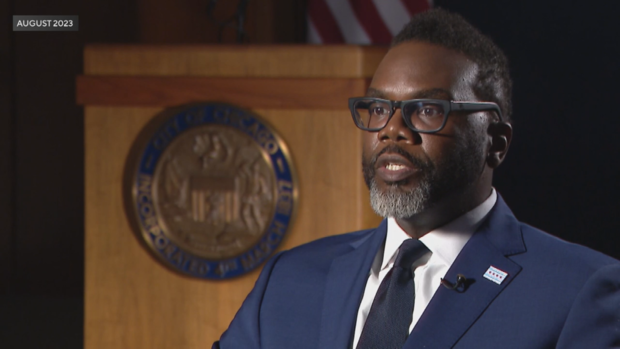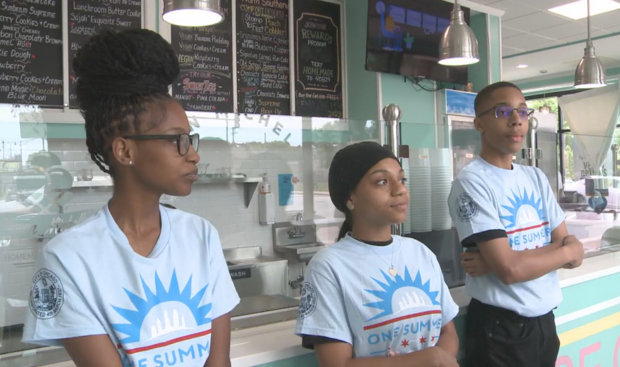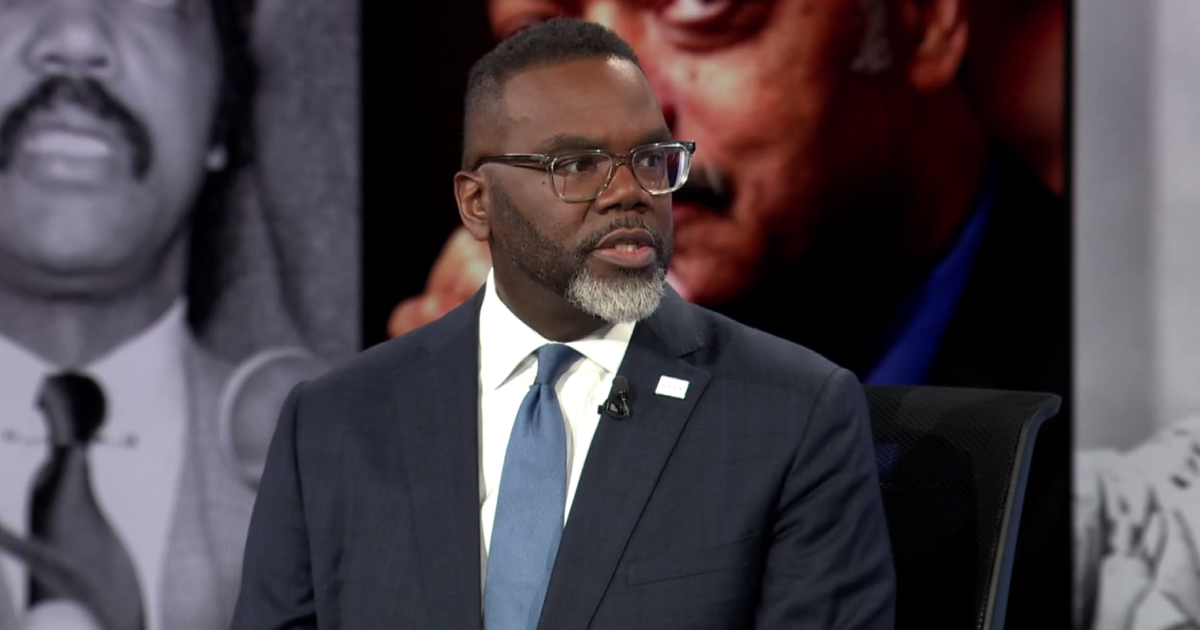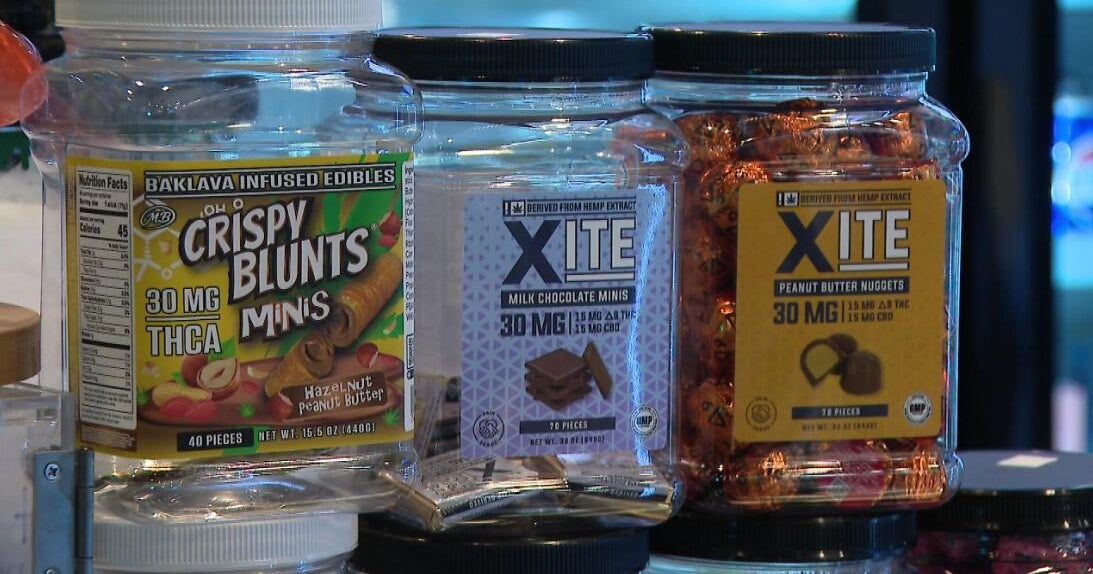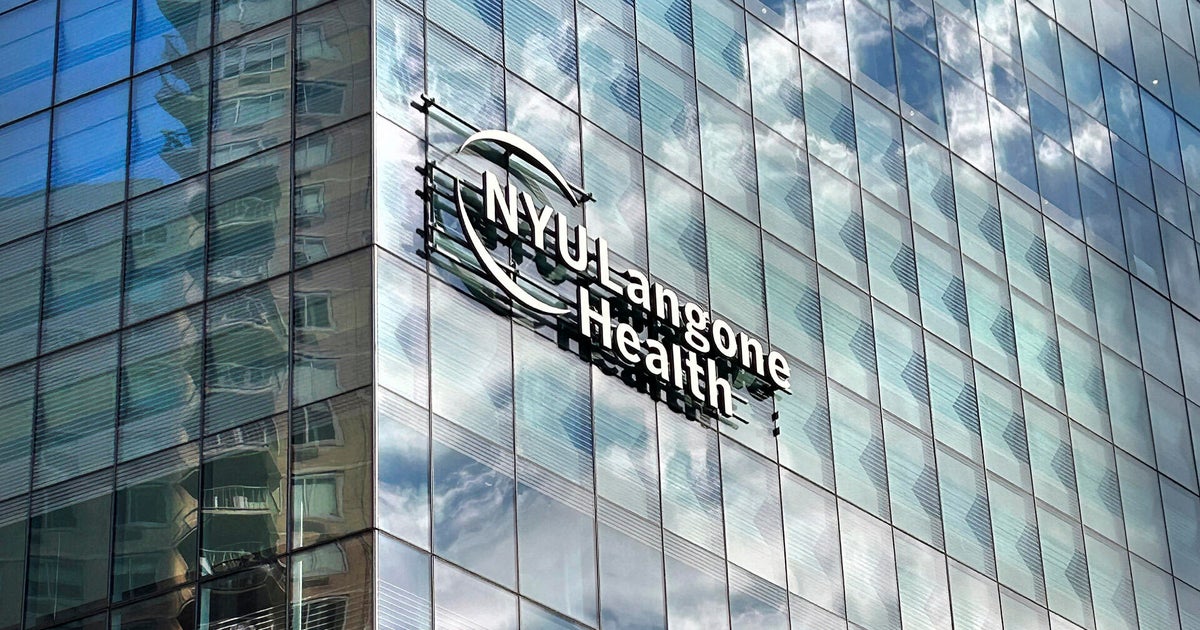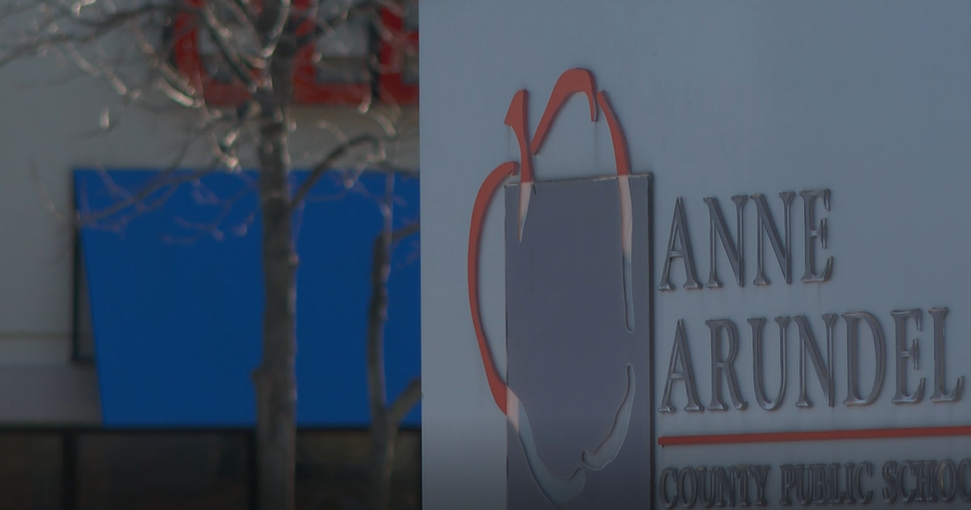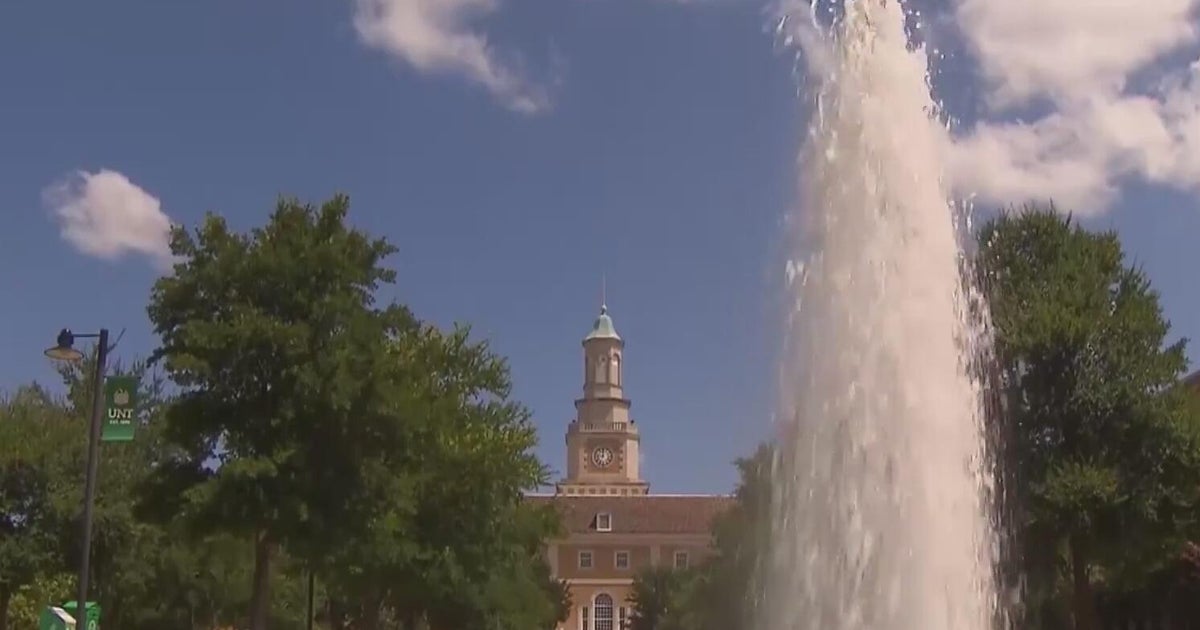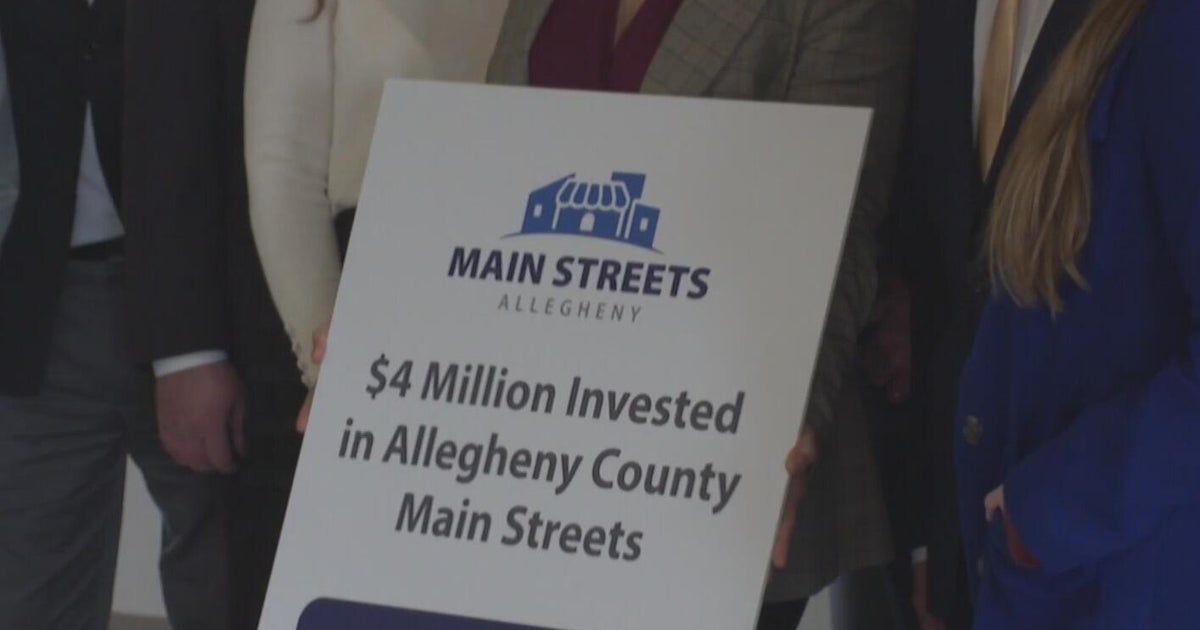Is a summer youth jobs program in Chicago falling short of expectations?
CHICAGO (CBS) – Expanding One Summer Chicago has been a cornerstone of Mayor Brandon Johnson's public safety plan since taking office more than one year ago.
"If people are not working, if people don't have investments, you see outbreak," the mayor said in an August 2023 interview with CBS News Chicago.
The program places young people ages 14 to 24 to work for several weeks every summer at city and county departments, nonprofit organizations, private businesses, and other entities.
An additional $11.6 million was budgeted for the program in 2024, bringing the total investment to $76 million.
After getting that additional funding approved in the budget, Mayor Johnson touted the benefit of the employment effort to CBS News Chicago.
"Twenty-five thousand young people, of which 64% of them were Black children, had summer jobs," the mayor said. "Say that to those families whether or not they're feeling the impact because they are feeling the impact of those investments."
The young people
Karrington McCray, 22; Jaylen Hunt, 16; and Deja Gooden, 17, are all working this summer at Shawn Michelle's Homemade Ice Cream Parlor in Bronzeville.
Hunt said it's his first job.
"What I hope to learn this summer is communication," he said.
Gooden said she wants to learn "team bonding."
McCray had other reasons for applying.
"What made me decide I want a summer job is to take on more responsibility and being more mature," she said.
Their three jobs are among the nearly 28,000 projected to be available through One Summer Chicago this year.
That amounts to an increase of roughly 3,200 from last year. Still, it falls short of Mayor Johnson's promise to expand the program by 4,000 jobs—an expectation he cited in various speeches, interviews, and press releases over the past several months.
The data
The city provided CBS News Chicago Investigators with data on the 2023 Summer Jobs program and what's expected this summer.
An analysis of the data showed a few inconsistencies with the Johnson administration statements.
The demographic data cited by Mayor Johnson when he said 64% of the 25,000 young people employed in 2023 were Black don't appear to tell the whole story. The data received from the city show that 64% of participants in 2023 were Black, but that percentage was based on just 13,000 workers.
That lower figure does not appear to include young people hired by city/county government departments and private business partners.
When asked whether the demographic data exists for the entire 25,000, the Department of Family and Support Services which oversees One Summer Chicago responded that each city department that provided jobs would have to be asked separately for that specific information.
The data also showed that as of mid-May, about 28,000 jobs had been identified for 2024—about 700 short of the mayor's goal.
The city said the program is still "on track" to meet the 4,000 additional jobs.
The impact
"There's some research that shows when people have opportunities for summer youth employment, violent crime rates drop by nearly 50%," said Matt Wilson, associate director of the Great Cities Institute at the University of Illinois Chicago.
The Institute recently released a report on Chicago's youth employment following the COVID-19 pandemic.
"Particularly last year, Black women had really high jobless rates. They doubled from before the pandemic to one year after," said Wilson, "and that we think is a cause for alarm."
Wilson identified another troubling trend. In 2022, teen joblessness rates were very high in some parts of Chicago—between 85% and 93%, mostly on the South and West sides. These include young people between the ages of 16 and 19 who aren't looking for work for whatever reason and those who want to work but can't find a job.
According to the 2023 data for 13,000 workers hired last summer, some of those concerns appear to be addressed.
For example, more young women than men found work, 55%; more 16- to 18-year-olds got jobs than any other age group—56%; and some South and West Side communities hired the most workers.
Austin hired the most, 832. Auburn Gresham, Roseland, North and South Lawndale, and South Shore each employed more than 400 young people.
Wilson's research looked at One Summer Chicago specifically and found a reduction in violent crime. However, it was a short-lived success.
"The reduction in crime occurred for individuals that were enrolled for summer youth employment program, while they were enrolled in the program," he said, but "if you follow those individuals next year, the impacts don't actually continue to hold."
Summer 2024
Other city statistics indicate some concern as Chicago heads into the midst of summer—a typically violent season.
The long 4th of July weekend saw more than 100 people shot, 19 of whom were killed. Those who lost their lives included an 8-year-old child and two young mothers.
City adult arrest data show an increase in both men and women being arrested in 2023 compared to the previous few years. That is despite the Chicago Police Department's data showing shootings and other violent crimes dropping that same year.
Despite those figures, some see hope on the horizon.
Martice Manuel is the Associate Director of the Alternative Schools Network (ASN). His nonprofit matches students with employers and has been a major provider of summer youth jobs.
"Over the last five years, we've increased from being able to help employ 200 youth up until this year we're employing 1,300 youth across the City of Chicago," Manuel said.
That's an increase of 500 jobs over last summer.
"Obviously, that's a lot of work, a lot of heavy lifting," Manuel said.
The extra funding for One Summer Chicago this year will help him put more young people to work.
"Working for insurance companies; we have young people working for hotels," he said.
He said jobs provide more than a paycheck, "giving them a sense of self-worth, self-esteem."
UIC's Matt Wilson agreed with Manuel, adding that the economic investment benefits the community.
"The social benefit when you spend a dollar on youth employment, you're going to see through fewer arrest and incarceration costs, fewer social service cost needs, fewer public benefits that people are receiving," Wilson said.
Wilson is concerned that whatever the number of jobs available to young people this summer winds up being 3,200 or 4,000 it's not enough.
"We know that the number of people that apply for that far exceeds the number that actually are able to obtain employment through that," he said.
His research suggests the city needs to recruit more young people in specific communities like Pilsen, Back of the Yards, and Bridgeport.
The mayor's office said it is working with schools, faith leaders, and local organizations to target youth in under-resourced neighborhoods.
In the document below are CBS News Chicago's questions about the mayor's Youth Employment Initiative and answers from the mayor's office:
